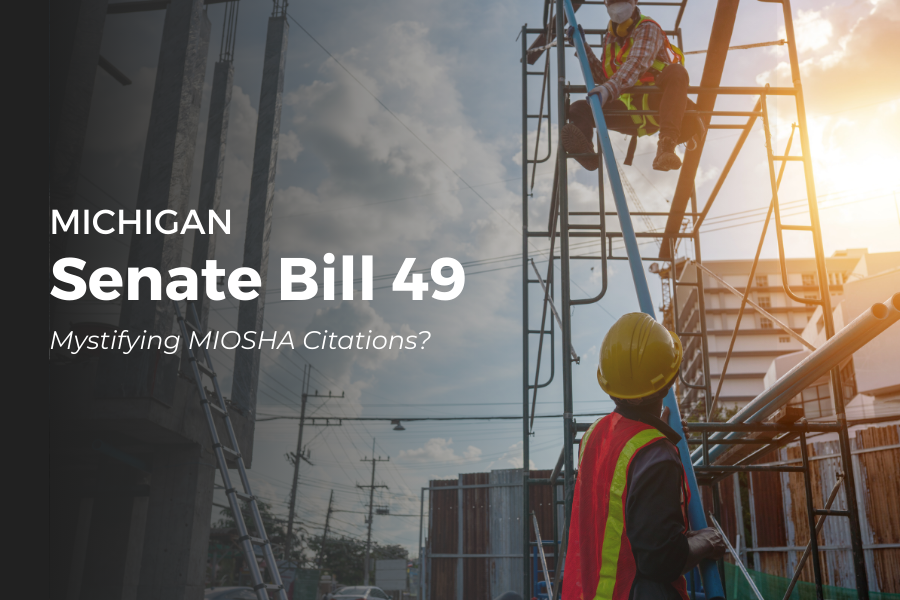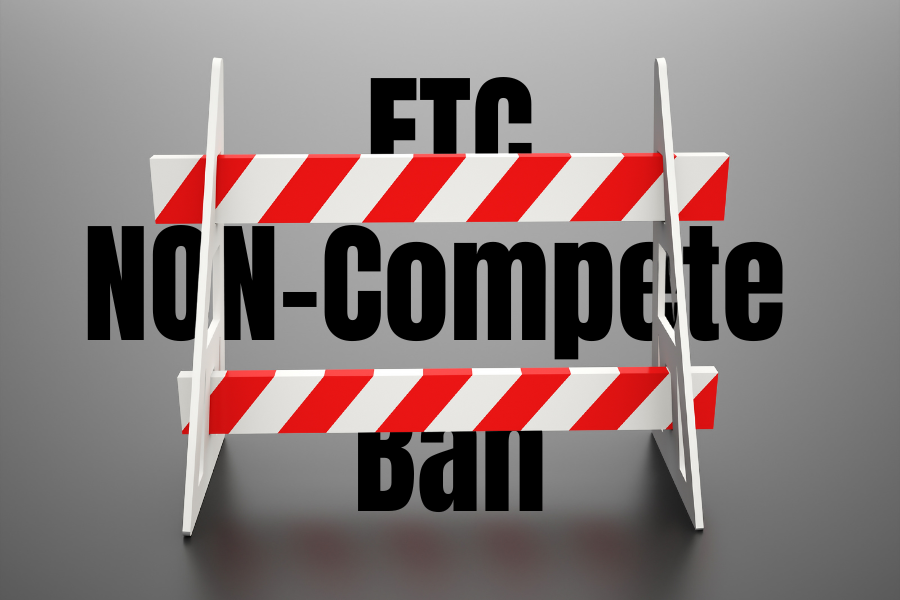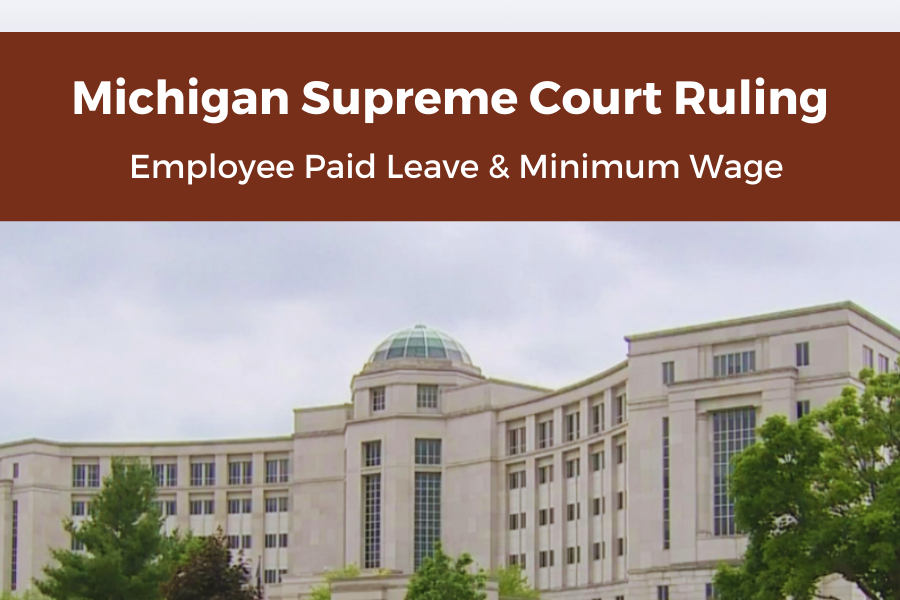By Elizabeth Welch Lykins
Welch Law
In May 2016, the Department of Labor (DOL) released its long-anticipated new overtime rule for Executive, Administrative, and Professional employees. These employees are generally your managers and white-collar professionals. If these employees perform certain “duties” (as defined by DOL regulations) and are paid a salary, then you do not need to pay them overtime. They are referred to as “salaried exempt” (ie, exempt from overtime laws).
As of December 1 of this year, these Executive/Administrative/Professional employees will need to be making at least $47,476 annually (or $913 per week) in order to qualify as “exempt” from overtime. Right now, the required salary threshold is only $23,660 (or $455 per week). Under the new rule, up to 10 percent of the salary can include nondiscretionary bonuses, incentive payments, and commissions.
Thus, if you have a current employee classified under one of the Executive/Administrative/Professional exemptions, that employee MUST BE PAID the new salary minimum. If he/she does not make the minimum, then the employee must be converted to an hourly employee and be paid overtime for hours worked in excess of 40 in a week. Alternatively, the employee can receive a salary to cover a set number of hours (but the employee still must be paid overtime for hours worked over 40 in a work week).
There is a grace period until December 1 to update the status/salaries of your employees. Employees who do not meet the new salary minimum will now have to keep time records. These employees will need to record start/stop times, breaks, lunch, and time worked in the evening. This is vital as the employer has the burden of proving “hours worked.” Even if an employer decides to just limit “hours worked” to only 40 in a work week, hours still must be tracked to show that is in fact the case. Furthermore, these employees will now be subject to all your hourly employee policies regarding sick time, vacation/PTO etc. It will be a huge adjustment for them since their pay will be tied to hours worked—they will no longer just make the same amount each week regardless of hours worked.
The legal implications of this change are large. If an employer fails to make the salary change (or convert employees to non-exempt/overtime eligible), the employer could be sued for past-due overtime for any hours worked in excess of 40 (and face the possibility of treble damages with a 3-year lookback as well as payment of the employee’s attorney’s fees). It is critical that you examine every salaried position in your company and make sure you are compliant with this new rule.
The new minimum for “highly compensated employees” (another exemption some employers utilize) is now $134,004 (raised from$100,000).
The new rule raises the salary minimum every three years. Thus, the DOL estimates that as of January 1, 2020, the estimated minimum will rise to $51,168. The “highly compensated employee” exemption will likewise be adjusted every three years.
One final note: MANY employers have employees mis-classified as “exempt” from overtime just because they pay a salary to an employee. Salaried status alone is not enough. The employee must also meet one of the approved exemption categories. Each category has its own duties checklist. This new rule presents an opportunity to make sure everyone in your work place is in fact properly classified. My fellow management-side employment law attorneys and I have been very busy the last few years handling wage/hour matters resulting largely from mis-classifications (ie, treating an employee as salaried-exempt when in fact they are not and should have been receiving overtime).
Once salary/hourly wage adjustments are made, you will need to examine your policies for this new group of potentially non-exempt employees. Your handbook policies and benefits packages will need to be examined with an eye towards the impact on this group who previously was not subject to the “hourly” policies.
Elizabeth Welch Lykins practices exclusively in the area of labor and employment law. Her work includes assisting management with issues related to hiring and firing, wage and hour compliance, union negotiations, as well as all aspects of employment law on the local, state and federal levels. She has extensive experience practicing in front of the National Labor Relations Board, the Equal Employment Opportunity Commission, the Michigan Department of Civil Rights, and the state/federal Departments of Labor. Elizabeth is also a trained mediator.










